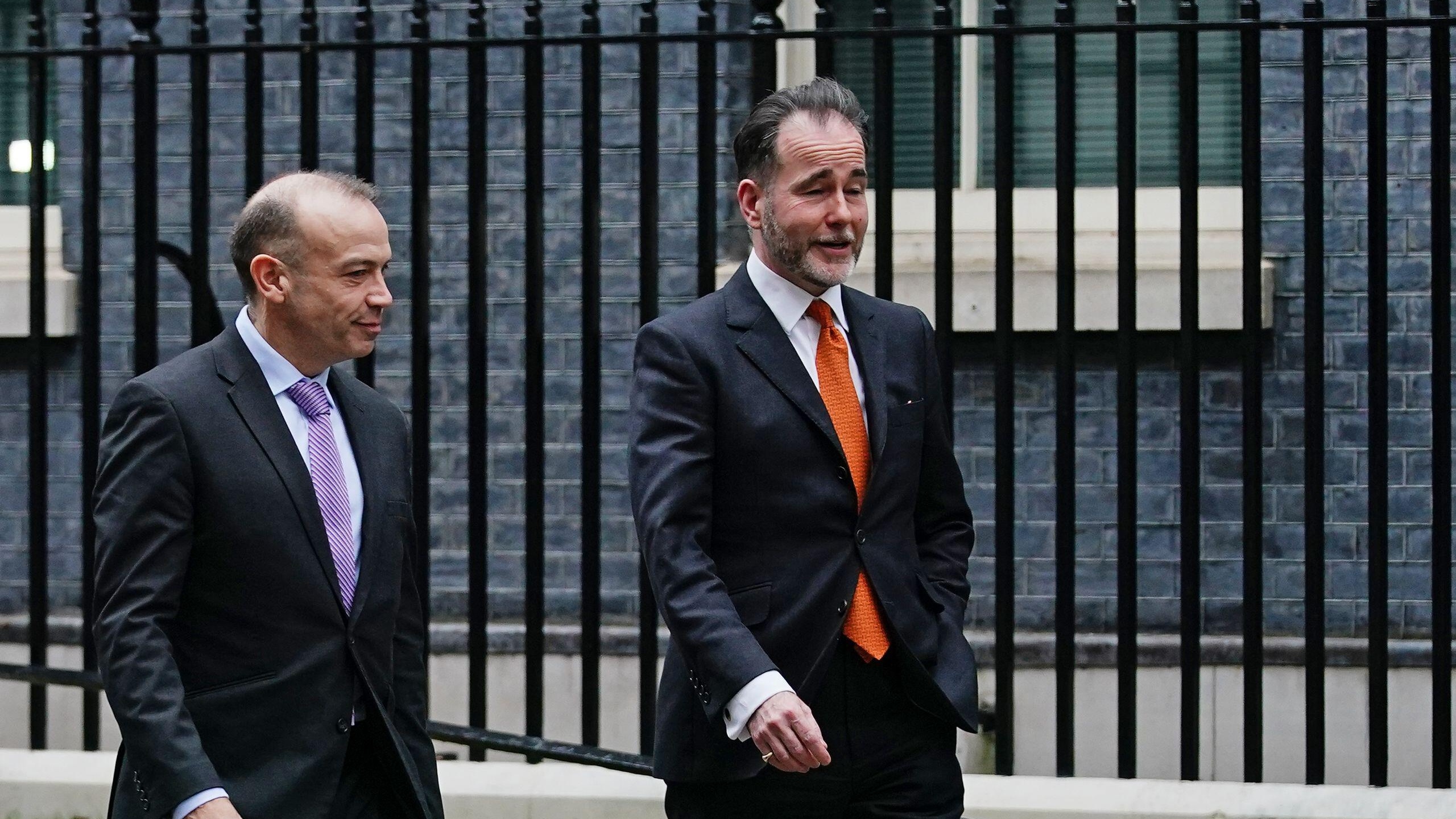What did Boris Johnson really know about Chris Pincher?
Downing Street admits that PM was aware of media reports when deputy chief whip was appointed

A free daily email with the biggest news stories of the day – and the best features from TheWeek.com
You are now subscribed
Your newsletter sign-up was successful
Boris Johnson and his senior aides have been accused of ignoring warnings of inappropriate behaviour by MP Chris Pincher before appointing him to the role of deputy chief whip in February.
The MP for Tamworth resigned from the government on Thursday and was suspended from the Conservative Party on Friday after allegations that he groped two men in the private members’ Carlton Club on Wednesday night.
As more historic allegations about Pincher emerged at the weekend, Johnson “has been under mounting pressure to reveal what he knew” before appointing him to the whips’ office, which oversees discipline within the party, said the BBC.
The Week
Escape your echo chamber. Get the facts behind the news, plus analysis from multiple perspectives.

Sign up for The Week's Free Newsletters
From our morning news briefing to a weekly Good News Newsletter, get the best of The Week delivered directly to your inbox.
From our morning news briefing to a weekly Good News Newsletter, get the best of The Week delivered directly to your inbox.
Former No. 10 aide Dominic Cummings alleged that Johnson had even referred to the MP as “‘pincher by name pincher by nature’ long before appointing him”.
Lack of formal complaints
Speaking to Sky News’ Kay Burley this morning, education minister Will Quince said he had been given “categorical assurance” from No. 10 that Johnson was “not aware of any serious specific allegations” against Pincher when he was appointed earlier this year.
But within hours, the prime minister’s official spokesman admitted that Johnson had been “aware of media reports that others had seen over the years”. He sought advice from his ethics team, but due to the absence of a formal complaint “it was not deemed appropriate to stop an appointment on the basis of unsubstantiated allegations”.
Asked about the Cummings “pincher by name pincher by nature” claim, the spokesman said he would not comment on private conversations.
A free daily email with the biggest news stories of the day – and the best features from TheWeek.com
Second resignation
Pincher’s resignation on Thursday was the second time he had quit the whips’ office. In 2017, he was made assistant whip and comptroller of the household, but stood down the same year after Conservative candidate and former Olympic rower Alex Story accused him of making an inappropriate advance. Pincher was later cleared by a Conservative Party inquiry.
Since being allowed to return to the front bench, Pincher has been accused by “at least two Conservative MPs and an activist of making unwanted physical advances towards them”, reported The Sunday Times. The paper added that senior figures in the whips’ office under both Johnson and Theresa May “had been aware for years of rumours circulating about Pincher’s conduct”.
Over the weekend, a slew of further allegations against Pincher came to light, with Politico’s London Playbook counting “13 new claims spanning a decade”.
Pincher has denied these further allegations and, in a statement, said he would “cooperate fully” with a parliamentary inquiry into his behaviour and seek professional medical help.
Behind the scenes
By the February reshuffle, Pincher had become an “integral member of Johnson’s inner circle and was being widely tipped to replace Mark Spencer as the government’s chief whip”, said The Sunday Times.
But “a rumour that he was about to be handed the top job” reached an unnamed Tory MP, who in 2018 had allegedly been invited to Pincher’s parliamentary office and been forced to “rebuff his advances”. The “appalled” parliamentarian then recounted his uncomfortable experience in a series of text messages to Chris Heaton-Harris, the chief whip and Pincher’s boss, said the paper.
The reshuffle was then delayed for four hours while a senior Downing Street aide referred the matter to the government’s propriety and ethics team, who found there was nothing in Pincher’s formal record that could prevent the appointment.